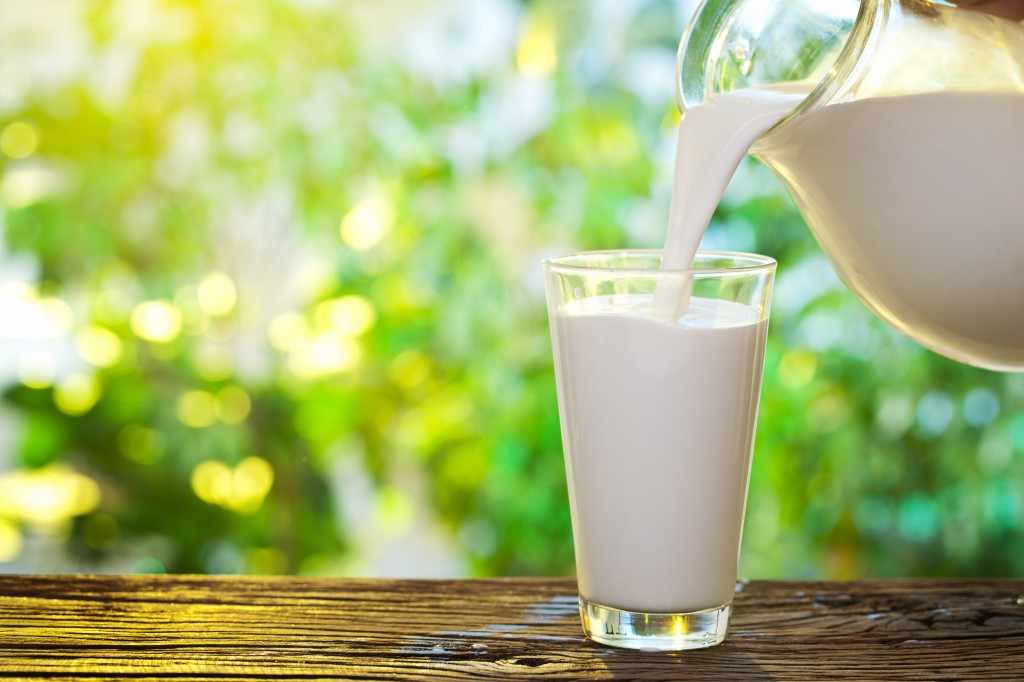-
Featured News
Low vitamin D levels if you’re lactose intolerant

Those with a genetic intolerance to lactose may suffer from a vitamin D deficiency. That’s according to a recent study conducted at the University of Toronto and published in the Journal of Nutrition.
Dr. Donald Hensrud, medical director of the Mayo Clinic Healthy Living Program, says, "The findings in this study are not surprising because dairy products (primarily milk) that contain lactose are fortified with vitamin D and one of the primary sources of vitamin D for many people." He adds that this should be put into context of overall vitamin D insufficiency. "It affects a large proportion of the population, perhaps 20%-50% depending on the cutoff for vitamin D levels. So, people with lactose intolerance may be at particularly increased risk of low vitamin D status which may lead to suboptimal bone health and possibly other consequences."
Dr. Hensrud says there aren't a lot of foods that contain high amounts of vitamin D. "In addition to milk, some of them are fatty fish such as salmon and tuna, egg yolks, and fortified foods such as some cereals and orange juice. For this reason, most people do not obtain an adequate vitamin D intake from food. We can also get vitamin D from sun exposure, but this increases the risk of skin cancer. Therefore, to obtain adequate vitamin D many people may want to take a vitamin D3 supplement."
As always, if you have further questions Dr. Hensrud encourages a conversation with a health care provider.
Read related articles:
- Home Remedies: Living life with lactose intolerance
- Mayo Clinic Q and A: How much vitamin D do I need?
- Mayo Clinic Q and A: Lactose Intolerance Can Develop at Any Age







